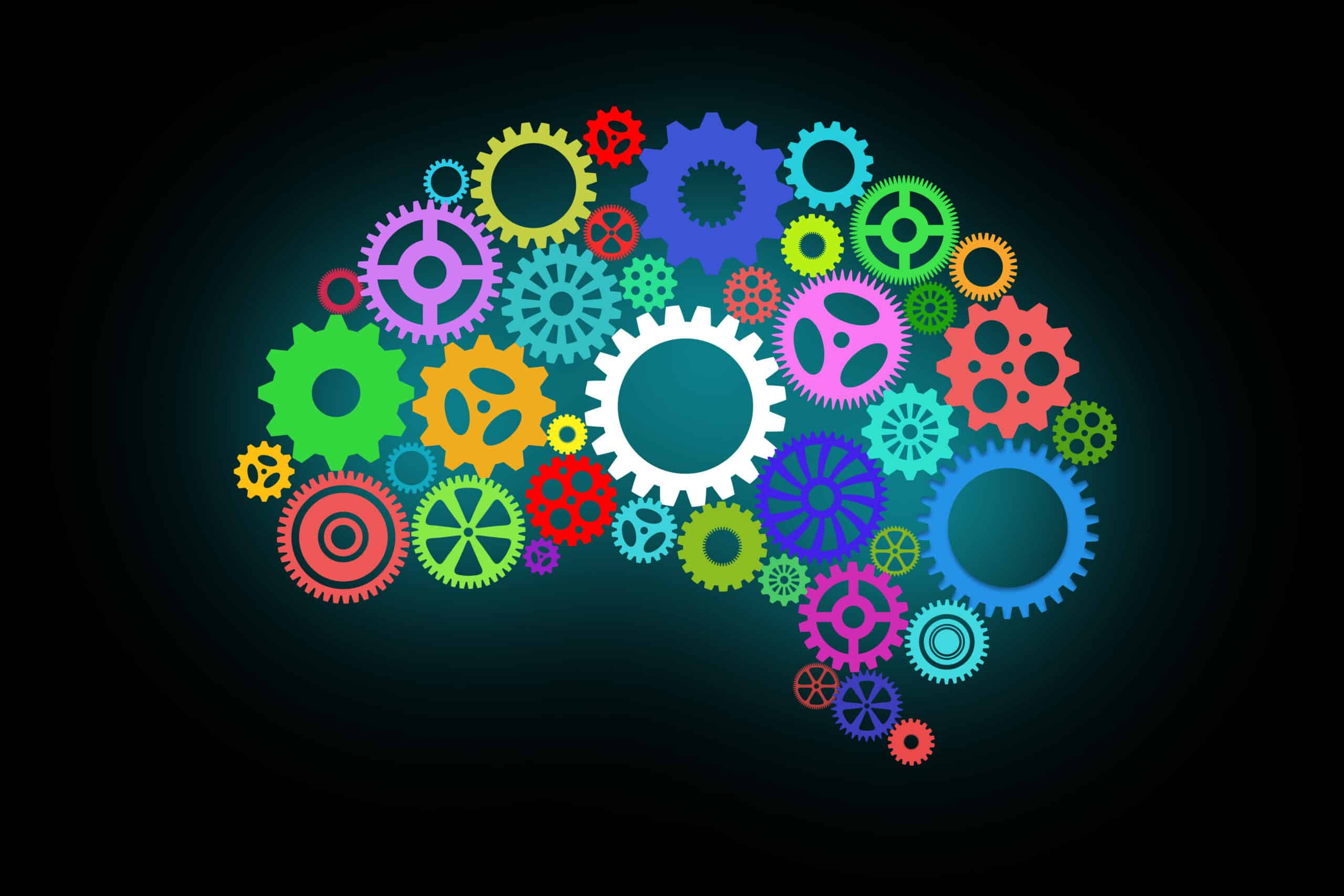Regular Exercise
When it comes to maintaining a healthy lifestyle, exercise is crucial. The advantages of regular exercise go well beyond the body. Regular exercise can enhance intelligence, improve memory, and boost mental performance. Additionally, exercise can help reduce anxiety and depression are reduced. Eliminating these negative elements from your life will enhance brain and cognitive performance. If you want to make exercise a regular part of your life, set small, doable goals, like setting a time to work out every day or walking around the block. Coordination-based activities, such as aerobics, tennis, team sports, and dancing, may be especially beneficial for improving cognitive abilities. Yoga and Pilates are individual activities that can help improve concentration and focus and build strength and flexibility.
A Lot of Rest
The quality of your sleep affects how well your brain functions. Researchers speculate that sleep improves memory and brain health by clearing aberrant proteins from the brain and helping to consolidate memories. You should go for seven or eight hours of uninterrupted sleep every night rather than sleep in two- or three-hour chunks. Sleeping night after night allows your brain to organize and preserve your memories more permanently. Getting regular sleep will boost your health and well-being. That said, In addition to being dangerous to your health as a whole, sleep apnea poses a direct threat to your brain. It’s a breathing disorder that disrupts sleep, potentially causing other health problems as a result of not getting enough deep sleep. Sleep apnea is a serious condition that requires medical attention if you or a loved one suspect you may have it.
Relaxation
Relaxing is one of the most effective yet difficult suggestions for improving mental health. This is because many of the tensions we face daily are the result of our actions. Intentional decisions and mindsets create unnecessary tension. We all know that stress is bad for us, so finding ways to reduce it is critical. Emotional responses to stress activate actual physical processes, and as far as scientific research can tell, none of these processes are beneficial, and the majority have negative consequences.
For this reason, finding a new interest in life is a good idea. Something to preoccupy your time when you have nothing to do. Discovering a new pastime or a hobby after moving is a great way to de-stress and have fun. This is especially the case after undergoing a significant life change like relocating.
Socializing
Making friends and engaging in social activities are two areas that have been shown to deteriorate with age. Considering how important socializing is for our brain and mental performance, this is a huge issue. The absence of socialization harms brain health because it deprives the brain of intellectual stimulation. Multiple studies have found a positive correlation between intellectual stimulation (or “brain use”) and long-term cognitive health. It is beneficial to engage in social tasks such as:
- Making conversation
- Gathering information
- Working with others
- Building connections
All of these processes call for extensive mental processing. Memory, language, and judgment are all used in these situations. This is particularly the case with people we are still getting to know. Several researchers believe that interacting with others is one of the most beneficial mental exercises we can do.
A Healthy Diet
Maintaining peak mental and cognitive function requires a balanced and nourishing diet. The food we consume impacts many of our brain functions. This includes memory, concentration, and mood. If your diet is heavy in processed foods, sugar, and harmful fats, it can have a negative impact on you. On the other hand, a diet high in whole foods, healthy fats, and nutrients can improve brain function and cognitive performance. Whole, nutrient-dense foods are your best bet when integrating foods that are good for your brain into your diet.
That said, blueberries, almonds, seeds, fatty fish like salmon, leafy greens like spinach, and dark chocolate are among the foods shown to improve cognitive performance the most. Enhancing one’s brainpower is not only limited to what one eats; there are additional supplements you can take. Research has shown, for instance, that taking omega-3 fatty acid supplements helps with memory and general cognitive performance. Additionally, ginkgo, phosphatidylserine, and acetyl-L-carnitine are a few more supplements that can improve mental ability. If you want to be sure the supplements you take are safe and helpful, however, it’s best to see a doctor first.
Conclusion
Adopting the 5 habits that enhance brain and mental performance highlighted here will do wonders for your cognitive abilities. That being said, the best way to keep your brain healthy and performing at its best is to challenge it. Learn new things consistently. Furthermore, try to get plenty of rest and sleep each night. Including these practices in your daily life will increase cognitive abilities like memory, concentration, and productivity. Keep in mind that developing and maintaining such routines takes time and effort. However, the rewards they provide are well worth the cost. Start incorporating these practices into your daily life and see their positive effect on your brain and mental performance.




